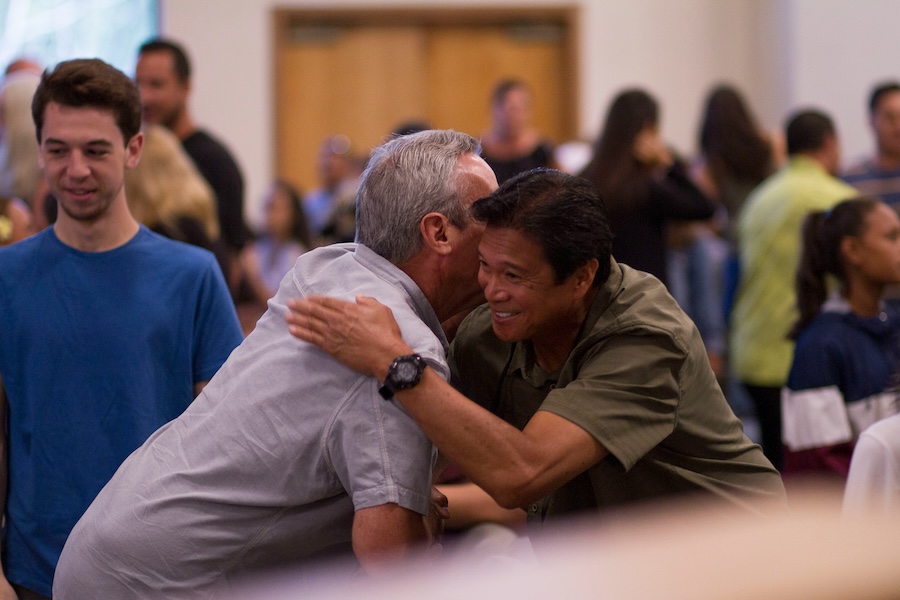Q: Our congregation is actually getting new people, which is fantastic. The challenge is that their expectations about church are very different from our existing congregants’ ideas, and it’s causing some ruffled feathers. Any advice on what to do?
A: First of all, it must feel wonderful to have new people joining your community of faith. But it can pose challenges.
You may unsubscribe from any of our newsletters at any time.
For instance, your existing folks are deeply steeped in church culture, and I am guessing they are an older demographic as well. They may assume that the new people will assimilate and become part of that culture. The key is to find a way for your folks to be open to being transformed by the gifts these new folks bring and for the new folks to acknowledge the gifts the existing congregants bring to the table.
One reality is that millennials — assuming that’s your new people — aren’t that interested in participating in activities that are about institutional survival. They are very interested in serving the wider community.
Another reality is that your new folks may be more diverse than your existing congregation. This calls for awareness and being open to their stories and lived experience.
I would strongly suggest that you focus on building community throughout the year, and the best way to do that is with shared food and stories. Hold a series of potlucks after church or on Saturdays with facilitated conversations so the congregation can learn about and appreciate one another. Create some mixed focus groups whose purpose is to share their vision of what this church can look like moving forward. Help them get excited about what they can do together.
***
Rev. Christopher White is a United Church minister who lives in Hamilton. Do you have a query for Question Box? Email christopher.white143@gmail.com.
This column first appeared in Broadview’s July/August 2024 issue with the title “Question Box.”















Basic SOUND advice. Good luck.
Key Listening & asking to understand- ie NO criticism.
Theoretically we are a diverse people as a people & as a Christian church called to Love one another ie that means to me, to RESPECT one another as so basic.
It is very important for new members and adherents to receive a download of the church’s bureaucratic structure. This enables newer folks to understand the church’s modus operandi. We have a huge bureaucratic approach to church government, and many levels are involved, from great ideas materializing into church policy.
It’s crucial for established church members to grasp that the younger generation is not against tradition, but rather seeks a more streamlined decision-making process. This shift can lead to quicker responses to challenges and a more agile church.
The big bureaucratic approach to church governance can be used to intimidate and silence new members with excellent ideas.
One of the main reasons almost all United Churches are struggling with church growth is that church leaders are status quo warriors and like the big, inefficient, and senseless bureaucratic model. Understandably, some bureaucracy is needed to ensure accountability and business continuity, but we have definitely made an idol out of something that needs to be abolished.
Every religious organization requires new members and adherents to have a promising future. That requires an anti-bigoted approach and regular new faces at the decision-making table. People want to be heard and appreciated.
Why would people be attracted to our congregations if most of them are run by people who will stop at nothing to maintain the status quo? Why are so many church leaders not selecting and grooming future leaders and instead behaving as if they will live and lead forever?
to IVAN SIVIC
WELL SAID & RIGHT ON